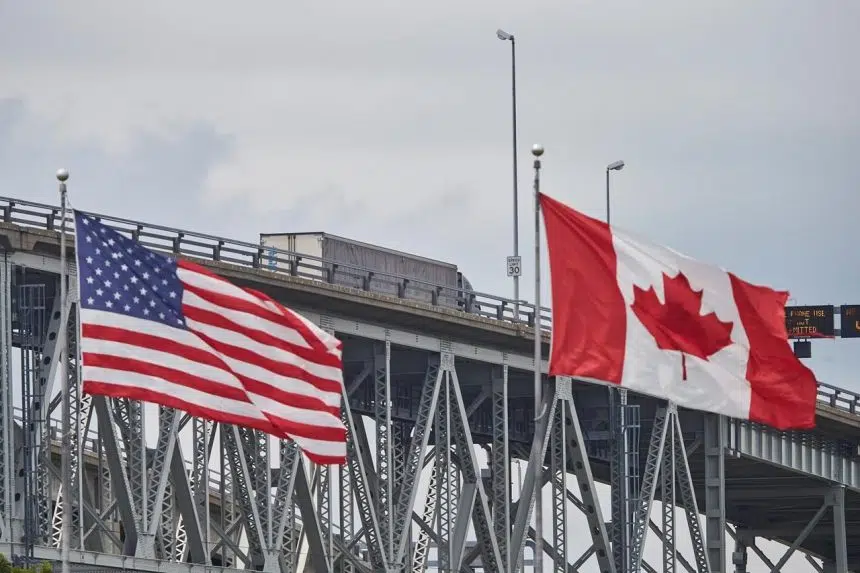Canada has changed the border measures it put in place to arrest the potential spread of COVID-19.
As of Nov. 30, fully vaccinated people who leave Canada by land or by air and return within three days won’t have to present results of a PCR test. The exemption also extends to children under the age of 12 who are with the travellers, and individuals with medical contraindications to vaccination.
For trips longer than 72 hours, all people coming into Canada still will have to complete a mandatory molecular COVID test before entering the country. Antigen tests won’t be accepted.
Also Nov. 30, all travellers within and outside Canada will have to be vaccinated.
“A valid COVID-19 molecular test will no longer be accepted as an alternative to vaccination unless travellers are eligible for one of the limited exemptions, such as a medical inability to be vaccinated,” the Government of Canada said in a statement.
Starting Jan. 15, some travellers will face new measures at the border.
Those who are exempt from entry requirements will only be allowed to enter the country if they’re fully vaccinated. That includes individuals travelling to reunite with family, international students who are 18 and over, professional and amateur athletes, individuals with a valid work permit, including temporary foreign workers (outside of those in agriculture and food processing) and essential service providers, including truck drivers.
After Jan. 15, unvaccinated or partially vaccinated people from other countries will only be allowed into Canada if they meet the criteria for limited exceptions to the vaccination rules.
“Exempt unvaccinated travellers will continue to be subject to testing, quarantine, and other entry requirements,” the government said. “Non-exempt unvaccinated or partially vaccinated foreign nationals will be prohibited entry into Canada.”







